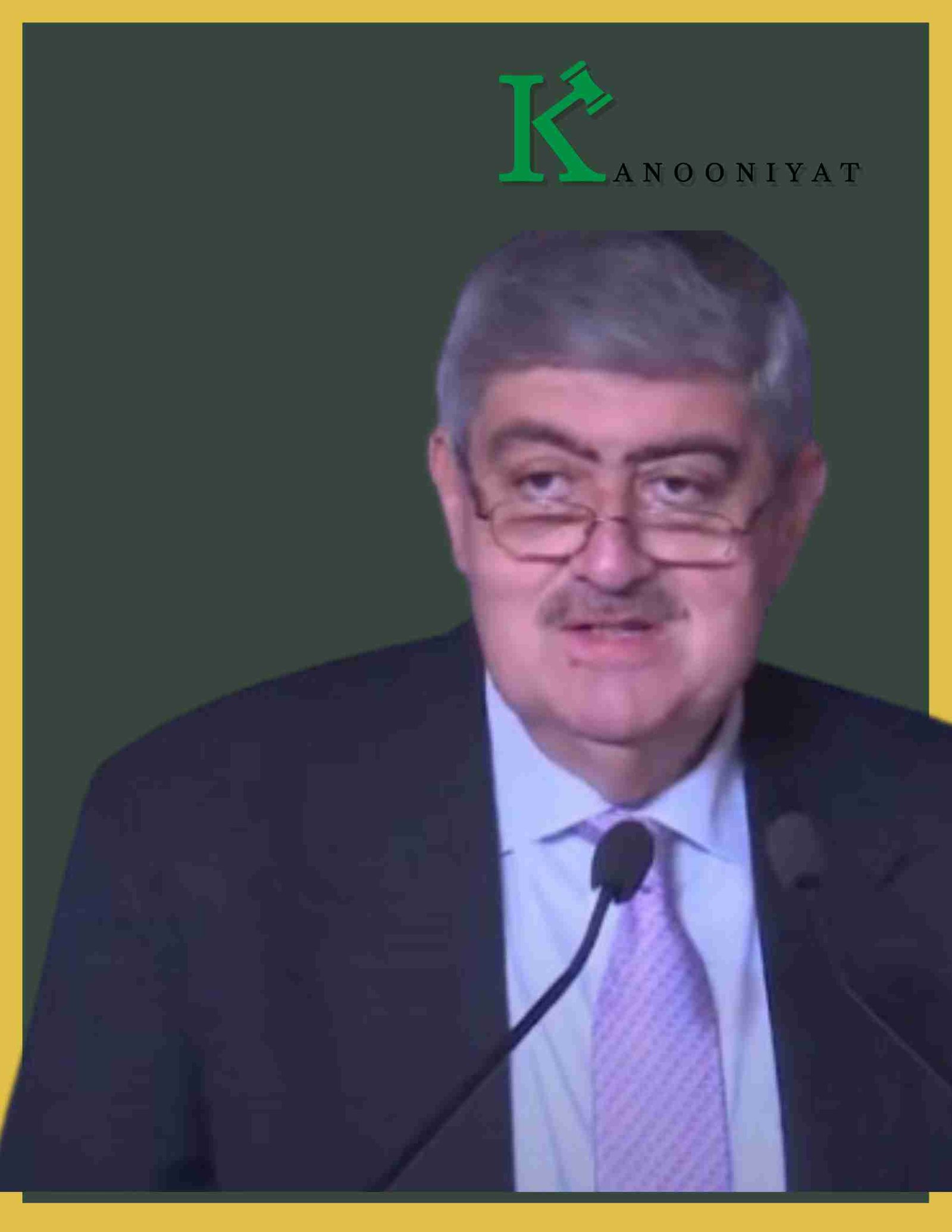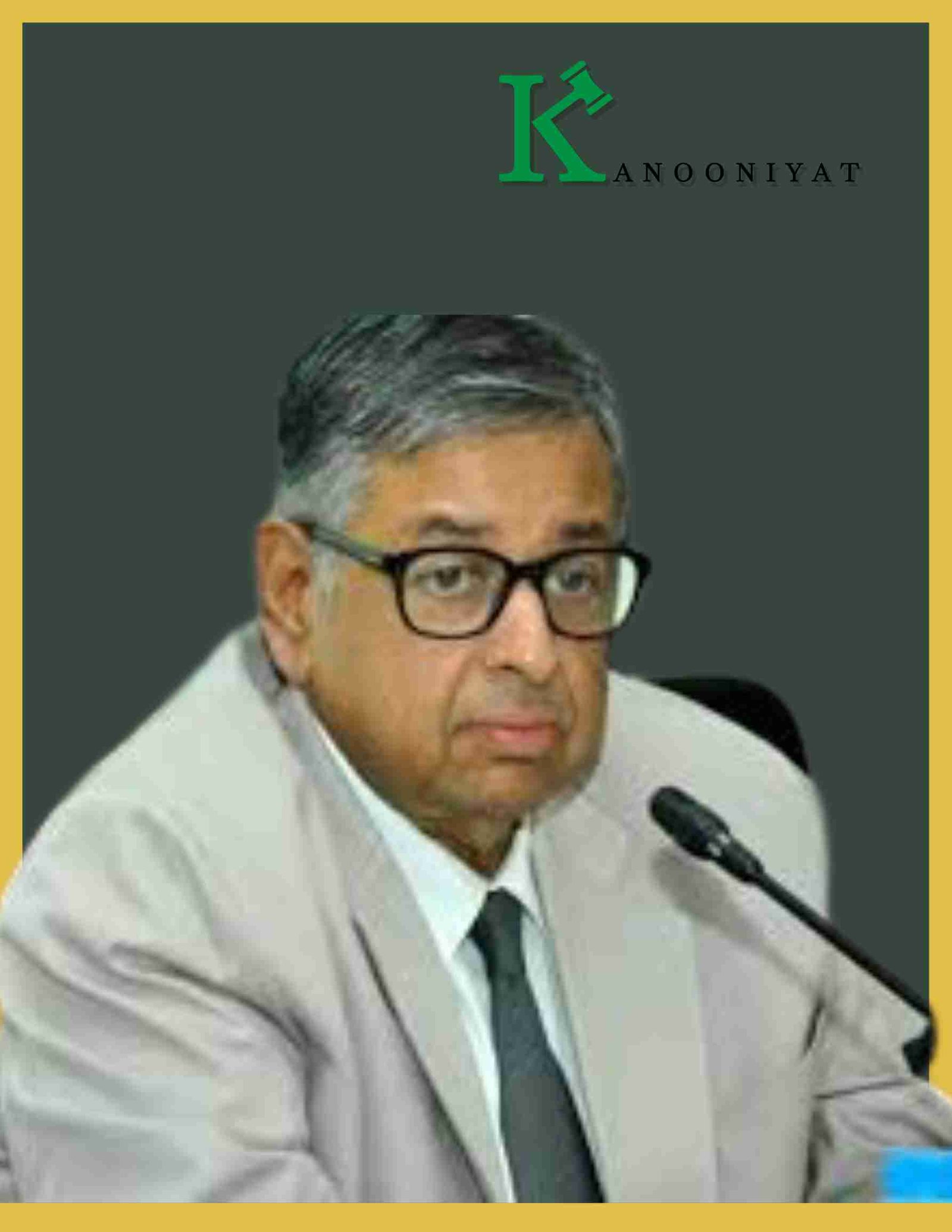The Supreme Court has said that an Insurance Company cannot be made liable in the event where there is an expired licence held by the driver who was driving his employer’s insured vehicle. The Matter was considered by the bench of Justices Sanjay Kishan Kaul, Aniruddha Bose and Krishna Murari.



Case Background
Respondent was gainfully employed with the Appellant and had suffered 20 per cent permanent disability after meeting with an accident while driving a truck owned by his employer.
As such, the employee-Respondent filed a petition under the Workmen’s Compensation Act and sought compensation while also adding the insurance company that had insured the vehicle in the array of parties.
The Respondent was granted an award and the insurance company was directed to pay the compensation amount while the employer was directed to pay the interest.
When all the parties filed their appeals against this award before the High Court for various reasons, one of the primary contentions that was raised was that of Respondent’s expired driving licence. It was pointed out that the Respondent had been driving his employer’s vehicle for as many as three years on an expired licence.
This led to the High Court absolving the Insurance company’s liability in the issue and fastening the liability on the employer noting that there was a material breach of the insurance policy.
The employer appealed to SC raising the sole question of liability and whether the same stands absolved for an insurer in case of an expired driving licence.
The employer, as an insured, had taken due care at the time of employing the respondent to ensure that he held a valid driving licence. However, the renewal of the licence ought to have been the responsibility of the respondent, it was pleaded by the Appellant.
The Supreme Court’s ruling,
“We are of the view that once the basic care of verifying the driving licence has to be taken by the employer, though a detailed enquiry may not be necessary, the owner of the vehicle would know the validity of the driving licence as is set out in the licence itself. It cannot be said that thereafter he can wash his hands off the responsibility of not checking up whether the driver has renewed the licence.”
The Court referred to a Delhi High Court judgment in the case Tata AIG General Insurance Co. Ltd. v. Akansha & Ors where the onus to prove that there was no breach of insurance policy was shifted to the owner/insured after the insurance company showed that valid licence did not exist on the day of the accident.
A similar position was taken by the The Allahabad High Court in The Oriental Insurance Co. Ltd. v Manoj Kumar & Ors where the High Court opined that the “owner was supposed to be aware that the driving licence of the driver had expired and, thus, it was held that it was the duty of the owner to have ensured that the driver gets the licence renewed within time.“
The third judgment Supreme Court placed reliance on was Himachal Pradesh High Court’s verdict in the National Insurance Co. Ltd. v. Hem Raj & Ors where the driver was said to not hold a duly valid licence considering that the licence had been expired and was not renewed in thirty days.
“The conclusion, thus, was that the driver, who permits his licence to expire and does not get it renewed till after the accident, cannot claim that it should be deemed that the licence is renewed retrospectively,” the Supreme Court summarises the High Court’s findings.
The High Court’s ruling,
The High Court of Himachal Pradesh said that on account of the MV Act being a beneficial legislation, it has to be interpreted in favour of the claimant in the event two interpretations are possible. However, the same cannot be used against insurance companies and as such, sympathy can be shown towards the person suffering in the accident and not the owner of the vehicle.
The findings of all the three judgments cited put forth the legal position in such cases where the insurance company cannot be held liable in case there has been breach of insurance policy and the owner or the insured would have the responsibility to ensure that all regulations are followed.
The Supreme Court said that it was the responsibility of the employer to ensure that the valid licence was renewed when it expired especially since the workman was engaged in driving a commercial vehicle. The Respondent was not held liable by the Court since there is no third-party claim and no other person suffered in the accident.
It proceeded to dismiss the appeal and effectively upholding the liability fastened on to the employer in the case who was the insured party and the owner of the vehicle.

